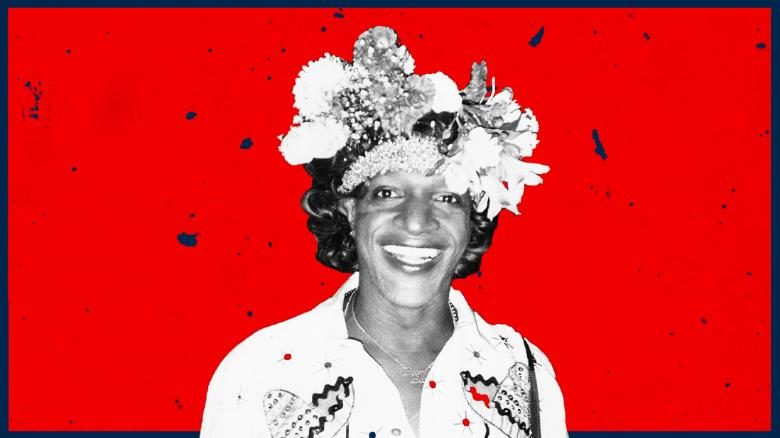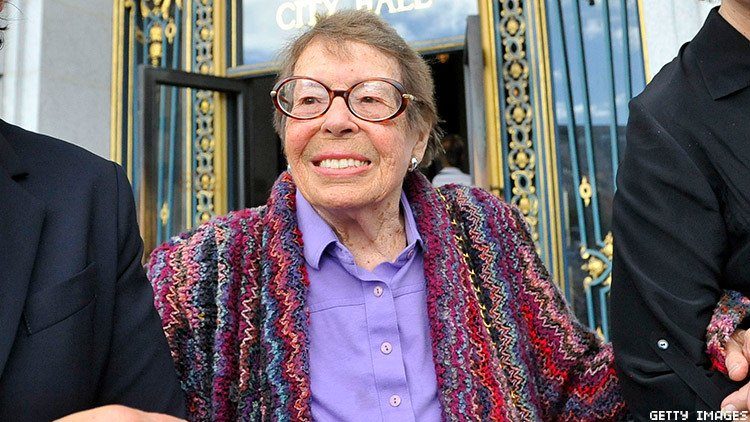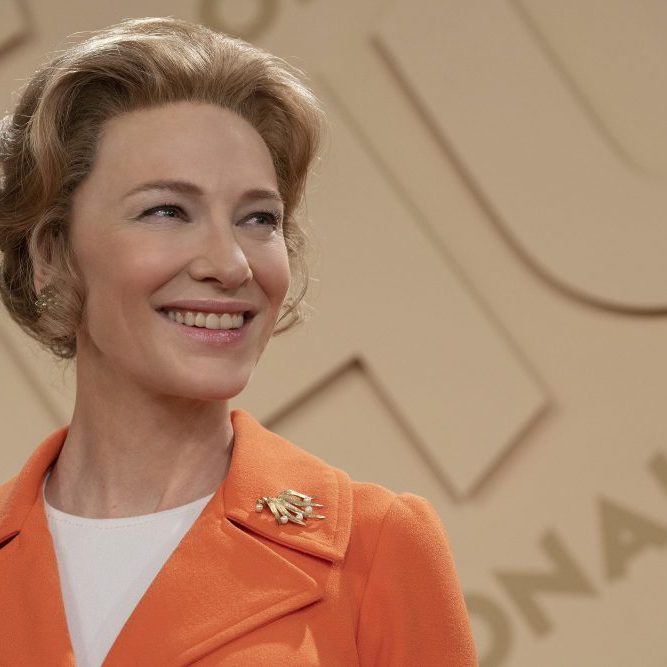
We all have a story. Marsha P. Johnson, a black transgender drag performer, sex worker and activist who died in 1992, gave us many.
She’s known by most people as being the spark that ignited the Stonewall Riots in 1969. Those riots lasted for six days and prompted the first gay pride parade in 1970. However, her legacy is much bigger.
She spent years of her life advocating for change, challenging the traditional ideas of gender, working with AIDS patients and helping homeless LGBTQ+ youth. She cofounded STAR, (Street Transvestite Action Revolutionaries) in 1970 to support young transgender people.
Her stories and experiences directly and indirectly touched millions of lives worldwide. Black transgender and gender non-conforming people face the highest level of discrimination and violence of all LGBTQ+ people. Marsha P. Johnson was a pioneer in creating safe space, advocating for change and speaking out against LGBTQ+ discrimination. Her story is one of defiance, unity and love.
And then there’s the iconic lesbian activist Phyllis Lyon, who died this year at age 95. For the majority of her life, being openly gay was considered a psychological disorder. Yet through years of perseverance and mobilizing efforts, she, too, helped change the world. Back in the 1950’s and 60’s lesbian and gay bars faced constant harassment from police raids. In 1955, she co-founded Daughters of Bilitis, the first lesbian civil rights organization in the United States, which offered an alternative to these bars. She also co-wrote two books, Lesbian/Woman and Lesbian Love and Liberation, in the 1970’s when almost nothing was written about our culture.
At the age of 90, she and her partner of 55 years, Del Martin, became the first lesbian couple to marry legally in the United States. Her story of courage serves as a reminder of how far we have come, while also reminding us we are not alone in this fight for equality. Her contribution to history is a gift we treasure.

Story telling is a powerful tool that can be leveraged to subjugate and control.
Stories are often told from the perspective of those in power, creating a skewed version of reality, which then dictates a culture’s sense of ‘right and wrong,’ ‘accepted or rejected’. Growing up with the white, cis-gender heteronormative narrative taught many of us that homosexuality was morally corrupt and a psychological disorder to be ‘cured.’
Because of the homophobic culture at the time, I was closeted until the age of 26, and felt desperately alone and isolated. I hid my truth because I saw no alternative to the storyline that was causing so much damage. It wasn’t until college that I found the courage to come out. But it took another decade for me to truly realize and accept there was nothing wrong with me.
With that realization and acceptance came an understanding that, as powerful as those homophobic and transphobic stories were, they were just that – stories. I had been trying to live my life according to someone else’s standards of what ‘normal’ or ‘gender identity’ or ‘sexuality’ was supposed to be. After coming out and shedding the weight of feeling ‘less-than’ I’d carried my entire life, I felt free to start writing my own story.
We often have a tendency to disregard the power of our stories. Yet each life is woven together in a tapestry of experiences that connects us in many ways to our shared humanity. Each story of triumph, humor, devastation, or love is a meaningful part of our LGBTQ+ fabric, helping us to better understand who we are as individuals, where we come from and what common purpose we might share.
When celebrities like Indya Moore, Laverne Cox, Ellen DeGeneres, Janelle Monae and Anderson Cooper live openly gay lives, they provide us with positive images of LGBTQ+ lifestyles and show the world an alternative narrative about what ‘normal’ can be. They give us a sense of belonging and acceptance. More importantly, there are thousands more everyday LGBTQ+ people who also have compelling and important stories that need to be heard and embraced. People like 17 year old Paula Goodgame from Florida who refused to go to her high school prom without her girlfriend. Or Gavin Grimm, a transgender teenager who fought for the right to use the boys’ bathroom in Virginia. Every one of these LGBTQ+ stories of perseverance and determination, beauty and courage needs to be told.
We must all continue to share and honor our stories. The more people who share their stories and perspectives, the fewer other influential storytellers will overshadow our narrative. The more stories shared, the more we realize we are not alone and that diversity and beauty comes in many forms.
This year, due to COVID-19, most pride parades and gatherings have been canceled. There will be many online pride celebrations to share and celebrate together, but no huge pride specific parades. Due to the murder of George Floyd, police brutality and racism, the LGBTQ+ community has decided to stand in solidarity with the Black community by joining the worldwide protests. All LGBTQ+ people understand oppression and violence on some level. We know these stories well. It is incredibly important for us to join in fighting against police violence, especially against people of color. Our black brothers, sisters and non-binary family must have and see our overwhelming support. After all, it was a black transwoman that led the way for our first Pride.


